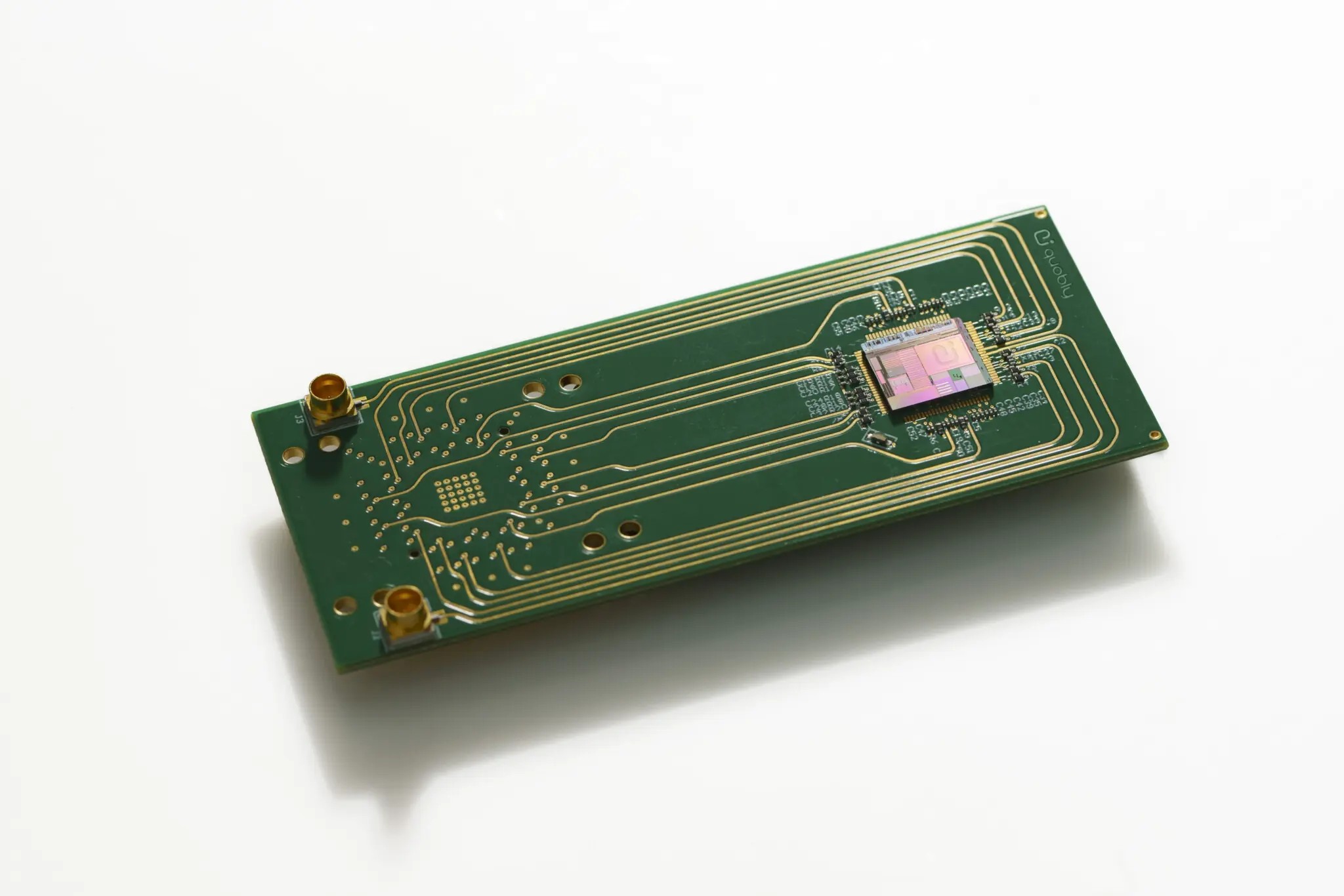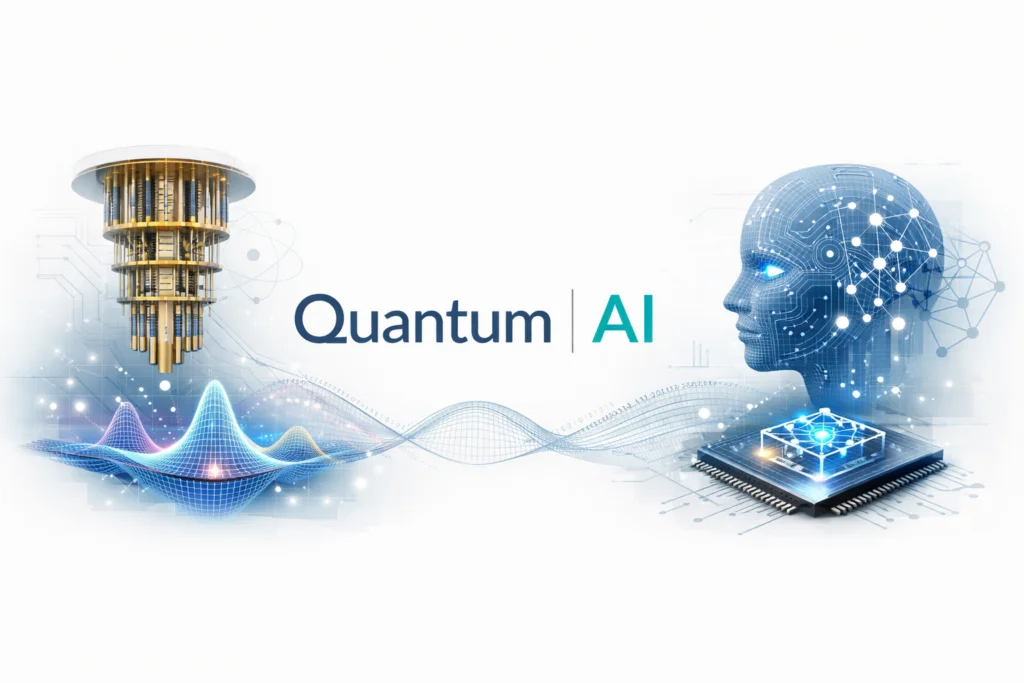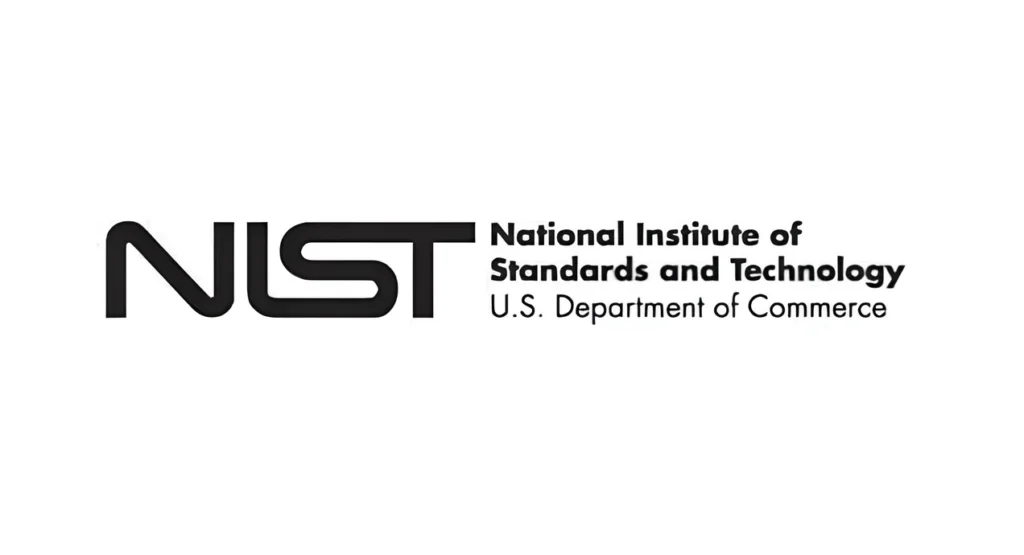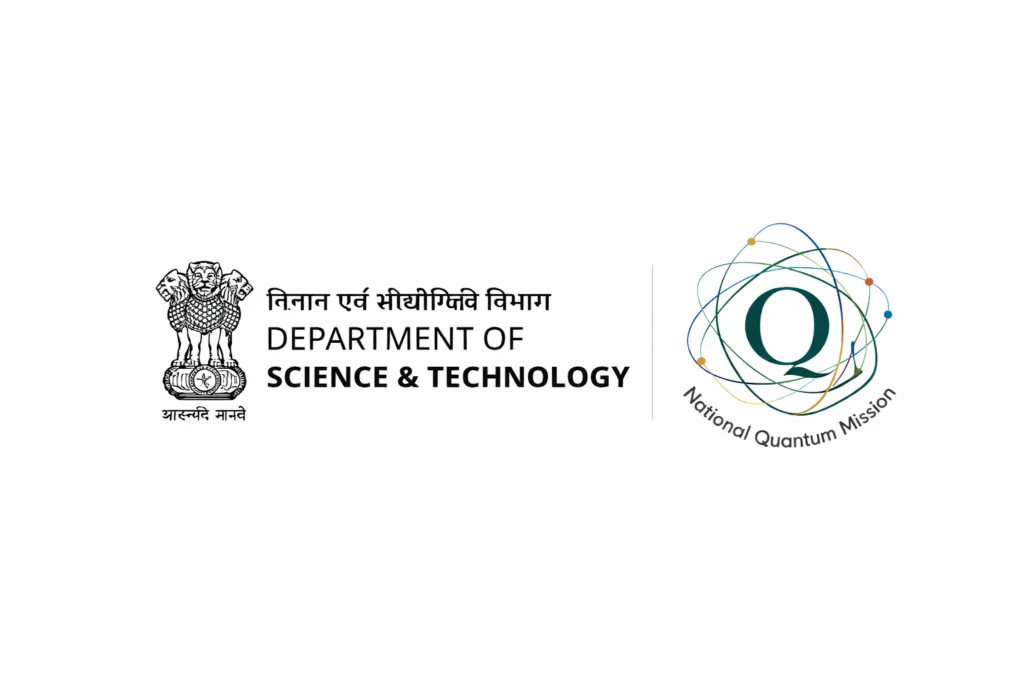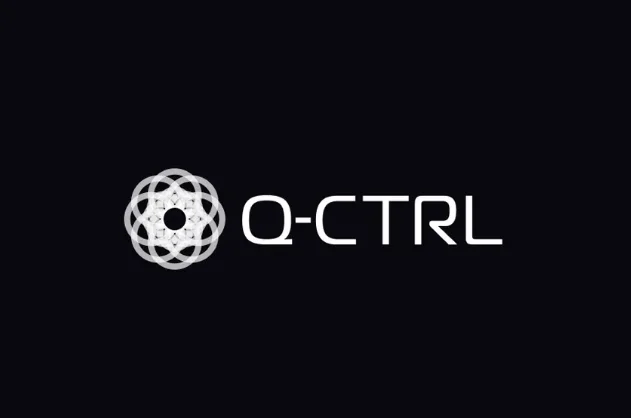Insider Brief
- During France Quantum, Quobly has launched a “perfect” software emulator developed with QPerfect that allows users to test quantum algorithms on classical machines, supporting between 27 and 31 logical qubits with no simulated physical errors.
- Available via OVHcloud, the emulator is compatible with established standards like Google’s Cirq and IBM’s Qiskit, and is designed for use across sectors including logistics, finance, pharmaceuticals, AI, and defense.
- As the first step in a broader software suite, this release is part of Quobly’s industrialization plan with STMicroelectronics, with the goal of moving from emulation to commercial quantum hardware.
PRESS RELEASE — Quobly, a pioneer in quantum microelectronics, announces the launch of a software emulator that replicates quantum circuitry on classical machines. This tool enables developers, researchers, and industry professionals to design and test algorithms today, ensuring compatibility with Quobly’s future quantum computer.
This emulator has been developed in partnership with French emulation start-up QPerfect, a specialist in emulation. It prepares users for working with quantum computers, enabling them to start training today. It is already available on the OVHcloud platform.
A tangible answer to the needs of key sectors

This emulator helps foresee real-world problems such as combinatorial optimization (especially in commercial logistics), quantum chemistry and materials discovery, quantitative finance (portfolio management), pharmaceutical development, and artificial intelligence – particularly deep learning.
This tool can also be used as a training and demonstration platform in sovereign contexts, such as defense (commercial agreement with the Direction Générale des Armées – French Armed Forces) or bioinformatics. Its stable environment allows early engagement from public and private entities, fostering quantum readiness before the machine is operational.
A “perfect” emulator based on existing standards
This emulator is based on a language developed by QPerfect, close to those of Google (Cirq) and IBM (Qiskit), which facilitates its compatibility. This also reduces training and integration efforts for users. It is not a new proprietary language, but a tool compatible with existing standards, which is what sets Quobly apart.
The current emulator is said to be “perfect”: it does not simulate the physical errors of qubits and can emulate between 27 and 31 logical qubits without errors.
The first step in an ambitious software suite
This “perfect” emulator is a first milestone. Several stages of the emulator’s evolution are planned, with future versions currently under development. These will incorporate realistic modeling of hardware errors and quantum noise, will use advanced methods such as tensor networks, and will simulate up to 100 qubits.
A shorter time from emulator to machine
This launch is part of Quobly’s industrialization strategy, enabled by an exclusive partnership signed at the end of 2024 with STMicroelectronics. It is based on 28nm FD-SOI semiconductor volume manufacturing processes, paving the way for large-scale quantum computing solutions. This collaboration allows Quobly to factor in industrial manufacturing constraints right from the design stage, while building a complete ecosystem—from software to hardware—and mastering every step of the value chain, giving it a major advantage in a rapidly growing market.
Maud Vinet, CEO et cofounder of Quobly, explains:
“This emulator precedes the production of our quantum machine and accelerates its development. By analogy with the development of conventional integrated circuits, we take advantage of emulation tools to predict hardware performance and design system visions. The emulator is a powerful tool for preparing the transition to scale with our customers. Our unique partnership with STMicroelectronics makes this scaling-up possible, letting us plan for industrialization today. “

